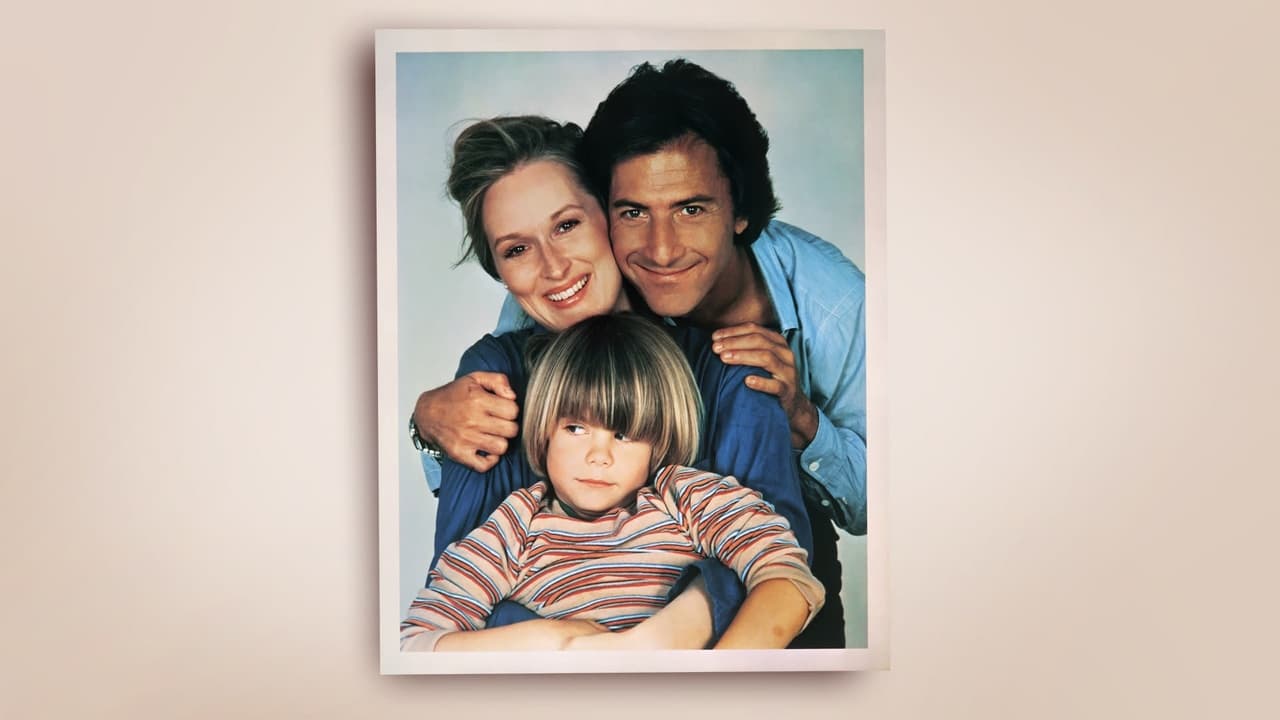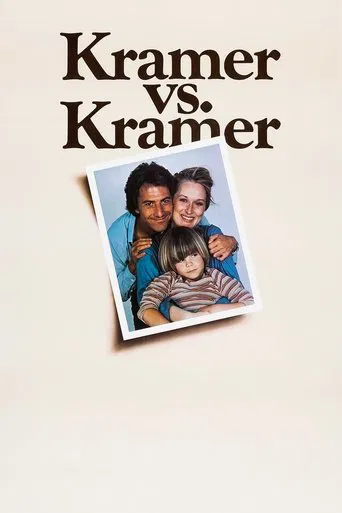

When it was first released, the subject matter of Kramer Vs. Kramer was not as commonplace as it is today, and so there was some shock value in it. As a viewer today, since something like fifty percent of marriages end in divorce, that shock, small as it was, has now completely disappeared. Maybe that's lost the film a sliver of its power, but, there is still enough here to make it compelling. The performances of Hoffman and Streep are utterly brilliant, conveying comprehensively the raw emotion involved in such a set of circumstances, and Justin Henry is outstanding as Billy. This is a tearjerker, but the tears come organically as a result of the story being told, and it never feels mawkish or manipulative in any way. So many films like this have resorted to sentimentality and to taking sides, but Kramer Vs. Kramer doesn't do that. It just uses a careful script, enhanced by deft direction, performed by truly great actors, to tell an honest and affecting story. If you haven't seen it, firstly, where have you been? And secondly, search it out and was it. It's pretty wonderful.
... View MoreKramer VS. KramerHow often do you watch a movie and fall into its world from the first frame till the end credits? Kramer VS. Kramer is one of those rare masterpiece that is innocent even though it raises some delicate questions about society. Dustin Hofmann holds our little finger and walks us through the movie all on his own to the other side of the road where Meryl Streep is waiting for us to mesmerize us. Kramer VS. Kramer is a fine example of the art that cinema is with its unpredictable and surprisingly beautiful script.
... View MoreKramer vs. Kramer (KvK) is the only movie which kept me sad from the beginning to the very end. It's a sad story which includes all repercussions divorce brings along. This movie highlights what husband, wife and children have to bear in such a case.Not everything is always so gloomy. That's why KvK contains comedic elements made with great care: those never steer away from the main point but rather contribute to movie's realism. Since the main focus is father-child relationship, getting rid of comedic elements would undoubtedly make the drama feel more feigned. This just is what people go through when divorcing. And that's where the quality of this movie lies: nothing feels flamboyant or made in a way to suit a certain ideology. We see how father and son deepen their relationship but we see a lot of low punches between adults as effect of lack of communication and sincerity. Anyone who talks about divorce with ease should watch this movie.Almost thirty years later, when divorce rates seem to go higher then ever before, western world is in need for such a movie. It's sincerity, seriousness, playfulness and masterful acting are, I'm sure, always going to be appreciated and relevant.
... View MoreThis best picture academy award winning film really is deserving of that victory. It's got everything that a great film needs to succeed. First of all, the acting is great, I mean spot on! Meryl Streep shines the most out of all of them, she deserved that best actress Oscar oh so much! She plays the wife of Dustin Hoffman and mother of a 6 year old boy. She decides to leave her husband because she is so unhappy. Her very emotional performance as Joanna is one of the best performances I've ever seen in a movie period. Dustin Hoffman also gives a great performance. His character spends the vast majority of the movie trying to be a better father to his son, learning how to take on both responsibilities of his soon to be ex-wife and his. I also adored the child actor that plays their son in the movie, one of the youngest academy award nominees ever! He is such an impressive young actor, it's amazing to me to see child actors be so professional seeming and mature in their on screen performances. The script for this film is written with such great detail. It really focuses on the father-son relationship, and it also hones in on Joanna and why she left and why she wishes to reconnect with her son after leaving. Love and family is at the heart of this movie. I absolutely adore this film and I suggest it 100%! 9/10 for Kramer vs Kramer.
... View More